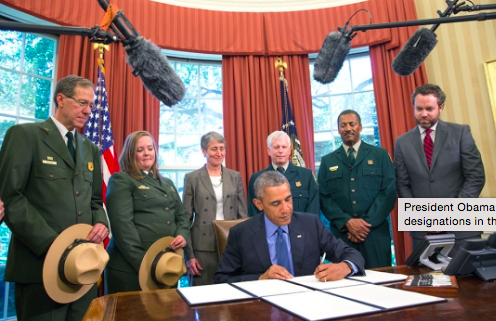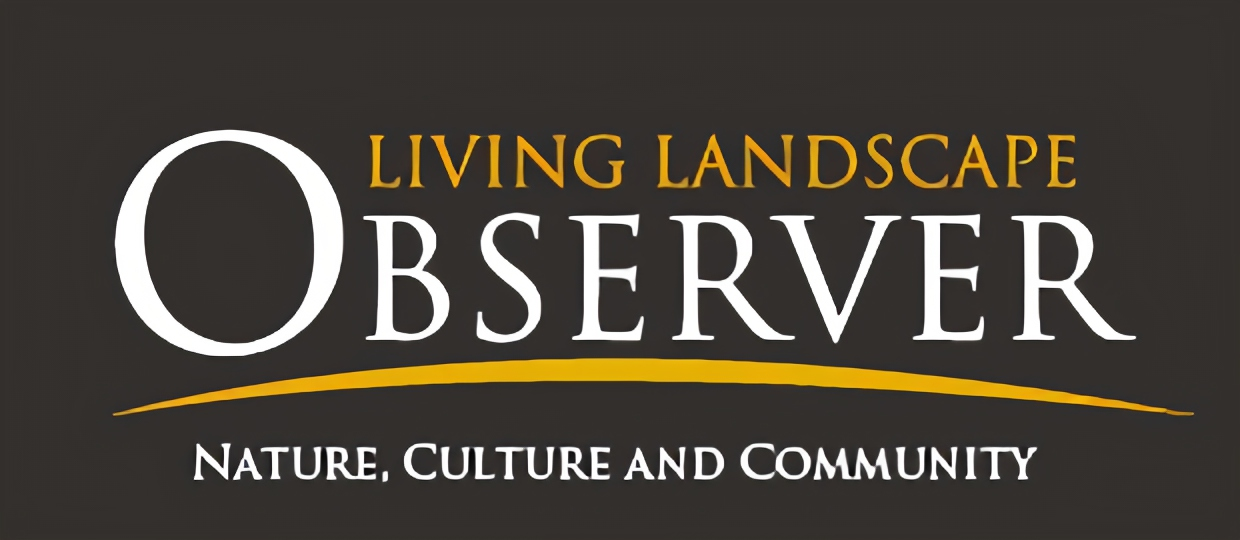To provide observations and information on the emerging fields of landscape scale conservation, heritage preservation, and sustainable community development.
Newsletter
Stay up-to-date with the latest nature, culture and community news.
We won’t spam you or share your information. Newsletters are sent approximately 10 times a year. Unsubscribe at any time.
2013: Let’s Meet Up on Living Landscapes
Mitigation: Now thinking on a Landscape Scale

Keweenaw National Historical Park: Just where is the Park?
Michigan’s Keweenaw Peninsula is an 800,000-acre land mass that extends out from Lake Superior’s southern shore. For over 7000 years, people have come to the peninsula to extract pure copper trapped in its ancient volcanic rock formations. The Keweenaw National Historical Park has developed creative ways to tell this story.

Half-century Legacy of LWCF at Risk
In just about one month, the Land and Water Conservation Fund is set to expire, a deadline that threatens to halt one of the country’s most effective landscape protection initiatives. Recent weeks have brought news of progress towards a bi-partisan resolution, but until a bill passes Congress, the future remains uncertain. What was the context of the program’s passage in 1964 and how did members of the Johnson Administration view the bill?
Reading: The Science of Open Spaces
My late summer reading list included Charles Curtin’s book The Science of Open Spaces: Theory and Practice for Conserving Large Complex Systems (Island Press 2015). In so many ways this is the book I have been waiting for. As the title promises it tackles working on a landscape scale both on the ground, but also takes a deep scholarly dive into the theories that underpin this work – chaos, complexity and resilience to name just a few.
How is Restoration Relevant to Stewardship?
Can Landscape Stewardship really include restoration? Even more the concept of novel systems and their management? This contribution by Peter Bridgewater and reprinted with permission of the Hercules Project suggests that good stewardship must explore practices beyond just preserving the landscape.

New Monuments, Old Debates
On July 10, 2015, President Obama used his authority under the Antiquities Act to designate three new National Monuments – Berryessa Snow Mountain in California, Waco Mammoth in Texas, and Basin and Range in Nevada. With these new designations, the President will have used the Antiquities Act to establish or expand 19 national monuments. First used by President Theodore Roosevelt in 1906, the Antiquities Act remains one of the most important – and most controversial – tools by which the Executive Branch can take immediate action on pressing conservation and preservation priorities.

Keweenaw National Historical Park: Just where is the Park?
Michigan’s Keweenaw Peninsula is an 800,000-acre land mass that extends out from Lake Superior’s southern shore. For over 7000 years, people have come to the peninsula to extract pure copper trapped in its ancient volcanic rock formations. The Keweenaw National Historical Park has developed creative ways to tell this story.

Half-century Legacy of LWCF at Risk
In just about one month, the Land and Water Conservation Fund is set to expire, a deadline that threatens to halt one of the country’s most effective landscape protection initiatives. Recent weeks have brought news of progress towards a bi-partisan resolution, but until a bill passes Congress, the future remains uncertain. What was the context of the program’s passage in 1964 and how did members of the Johnson Administration view the bill?
Reading: The Science of Open Spaces
My late summer reading list included Charles Curtin’s book The Science of Open Spaces: Theory and Practice for Conserving Large Complex Systems (Island Press 2015). In so many ways this is the book I have been waiting for. As the title promises it tackles working on a landscape scale both on the ground, but also takes a deep scholarly dive into the theories that underpin this work – chaos, complexity and resilience to name just a few.
How is Restoration Relevant to Stewardship?
Can Landscape Stewardship really include restoration? Even more the concept of novel systems and their management? This contribution by Peter Bridgewater and reprinted with permission of the Hercules Project suggests that good stewardship must explore practices beyond just preserving the landscape.

New Monuments, Old Debates
On July 10, 2015, President Obama used his authority under the Antiquities Act to designate three new National Monuments – Berryessa Snow Mountain in California, Waco Mammoth in Texas, and Basin and Range in Nevada. With these new designations, the President will have used the Antiquities Act to establish or expand 19 national monuments. First used by President Theodore Roosevelt in 1906, the Antiquities Act remains one of the most important – and most controversial – tools by which the Executive Branch can take immediate action on pressing conservation and preservation priorities.


